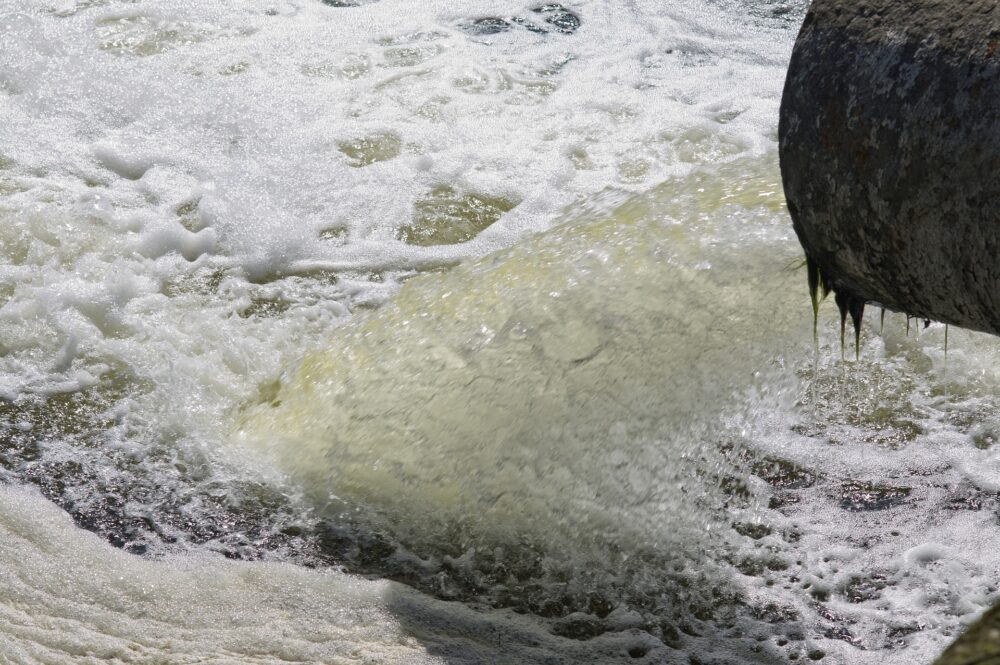
Trade Effluent Consents in the UK: What You Need to Know
For UK businesses that discharge wastewater, understanding and maintaining the correct trade effluent consent is crucial to avoid regulatory penalties and ensure compliance with environmental standards. Whether you’re in manufacturing, food processing, or any industry that produces trade effluent, this guide will walk you through the key aspects of managing your consent levels effectively.
What is Trade Effluent Consent?
Trade effluent consent is a legal requirement for businesses that discharge liquid waste into public sewers. Issued by your local water company, this consent details the types of effluent your business can release, the volume, and the acceptable levels of various pollutants. Non-compliance with consent conditions can lead to hefty fines, business disruptions, or even prosecution.
Am I on the Right Trade Effluent Consent Levels?
Many businesses ask, “Am I operating under the correct trade effluent consent levels?” To answer this, you need to regularly assess whether your business’s output matches what is allowed under your current consent agreement. Consider the following:
- Volume of Discharge: Ensure that the volume of wastewater your business discharges matches the limits specified in your consent. A sudden increase in production or a new process could affect your compliance.
- Composition of Effluent: Review the types of contaminants in your effluent. Consent levels often set limits on chemicals like oils, grease, heavy metals, and pH levels. Regular testing of your effluent is critical to ensuring these stay within the permissible range.
- Effluent Treatment: Are your existing treatment methods adequate? If you’ve made changes to your production process or materials, this may affect your effluent composition, requiring an update to your treatment setup or consent levels.
- Changing Regulations: The environmental landscape in the UK is constantly evolving, with stricter regulations and standards being introduced. Ensure that your consent levels are up-to-date with any new government or environmental agency guidelines.
If you’re uncertain about any of these aspects, it might be time to review your trade effluent consent.
How to Apply or Amend Trade Effluent Consent
Applying for or amending trade effluent consent is typically handled by your local water company. The process includes:
- Providing Detailed Information: You’ll need to submit data on the type of effluent produced, including the volume and concentration of pollutants.
- On-Site Assessment: Some water companies may send an inspector to assess your site’s discharge processes.
- Waiting for Approval: Consent applications can take several weeks or even months to process, so it’s crucial to plan ahead.
In many cases, businesses must pay a fee based on the volume and strength of the effluent produced. Your consent level might need regular updates as your operations evolve, particularly if you expand or introduce new products.
What Happens If I Exceed My Consent Limits?
Exceeding your trade effluent consent can have severe consequences:
- Penalties: Water companies impose fines if your effluent exceeds the consent limits, especially if it causes damage to the sewer system or negatively impacts wastewater treatment plants.
- Legal Action: In extreme cases, you could face prosecution under environmental protection laws.
- Increased Costs: Exceeding consent may lead to increased charges from your water provider, particularly if the effluent is more expensive to treat than initially agreed.
Monitoring and Managing Trade Effluent
Effective management of trade effluent can help you avoid non-compliance and the associated costs. Here’s how:
- Install Monitoring Equipment: Many businesses benefit from installing automatic monitoring systems to track the volume and quality of their trade effluent.
- Regular Testing: Frequent testing of your effluent ensures that it stays within the legal parameters of your consent. You can perform in-house tests or hire a professional service to manage this for you.
- Update Consent Levels: If your business expands or changes its operations, it’s critical to update your trade effluent consent to reflect new discharge volumes and types.
Why Trade Effluent Consent is Important for Environmental Compliance
UK regulations are increasingly focused on sustainability, and trade effluent plays a major role in the environmental impact of industrial processes. Proper consent management ensures your business remains compliant with the Environmental Permitting Regulations (EPR) and the Water Industry Act. Failure to comply can not only lead to fines but also damage your company’s reputation, especially as customers increasingly value eco-friendly practices.
How Wodr Can Help
At Wodr, we specialise in helping businesses manage their trade effluent consents, ensuring compliance with environmental regulations while optimising processes to reduce costs. Our team can assist in:
- Consent Review: We’ll review your current trade effluent consent and assess whether adjustments are needed based on your business operations.
- Monitoring Solutions: We provide cutting-edge technology and services to help you monitor your effluent discharge in real time.
- Regulatory Compliance: Our consultants stay up-to-date with all the latest regulations and will ensure your business is fully compliant.
By partnering with us, you can ensure that your business not only meets regulatory requirements but also adopts efficient and cost-effective trade effluent management strategies.
